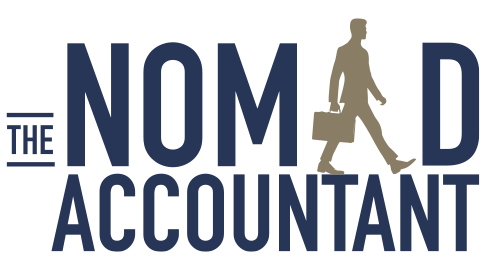GENERAL OVERVIEW
A trust is a legal agreement entered into by the “Settlor” whereby he appoints “Trustees” to manage and look after all trust assets on behalf of “beneficiaries”.
- Settlor – The person setting up the trust and from which the initial trust assets will be transferred to the trustees
- Trustees – The custodians of the trust assets. Trustees are required to be independent. Trustees may therefore not also be a beneficiary
- Beneficiaries – recipients or benefactors of trust assets.
Although trust arrangements may include numerous variations the most prevalent of these are whether a trust is a testamentary or inter-vivos trust, vesting or a discretionary as well as stipulations relating to what the trust may or may not do and what it may or may not distribute.
In most cases, a trust is set up as an inter-vivos trust, or in other words a living trust. It is being formed whilst the settlor is still alive.
The trust arrangement or trust deed will then also stipulates whether a beneficiary has a vesting right on trust assets or whether the trustees have full discretion as to the distribution of either trust capital or trust earning.
The settlor may go into much detail as to how he would like the trustees to manage the trust assets. However, without specifying in much detail the standard principles will apply being that the trustees will act in good faith and to the benefit of the trust as a whole.
THE ADVANTAGES TO YOU MAKING USE OF A TRUST STRUCTURE
The most common advantages of trust structures include:
- Tax planning;
- Avoiding probate, in other words not having assets included in your estate;
- Wealth preservation across generations;
- Asset protection;
- Estate planning.
CONFIDENTIALITY
A trust is completely confidential. There is no formal register of the settlor or beneficiaries. The trustees are however required fully identify all individuals associated with a trust and to prevent money laundering.






